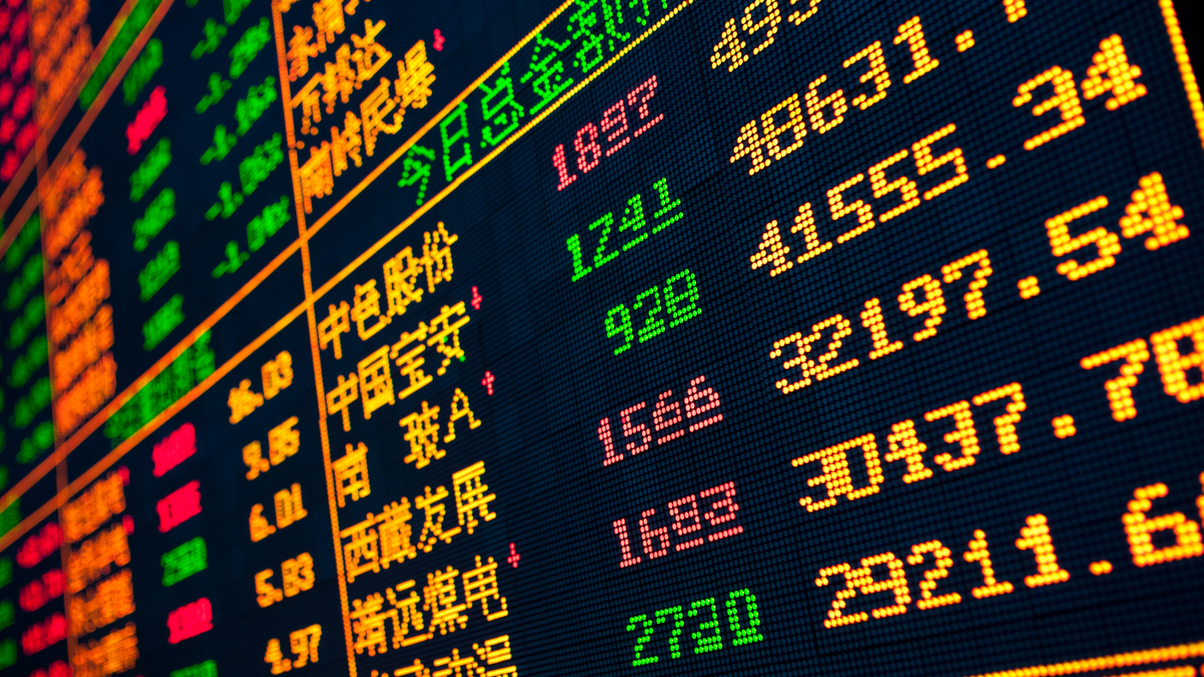The future's passive for Asia distributors
Distributors in Asia face a future of having two mutual fund lists with passive at the centre of their portfolios, according to new research. It comes amid anticipated regulatory changes and an outcry over high fees.

Asian distributors will increasingly have two mutual fund lists with passive funds as their core portfolio building blocks, a research house has predicted.
Sign in to read on!
Registered users get 2 free articles in 30 days.
Subscribers have full unlimited access to AsianInvestor
Not signed up? New users get 2 free articles per month, plus a 7-day unlimited free trial.
¬ Haymarket Media Limited. All rights reserved.


